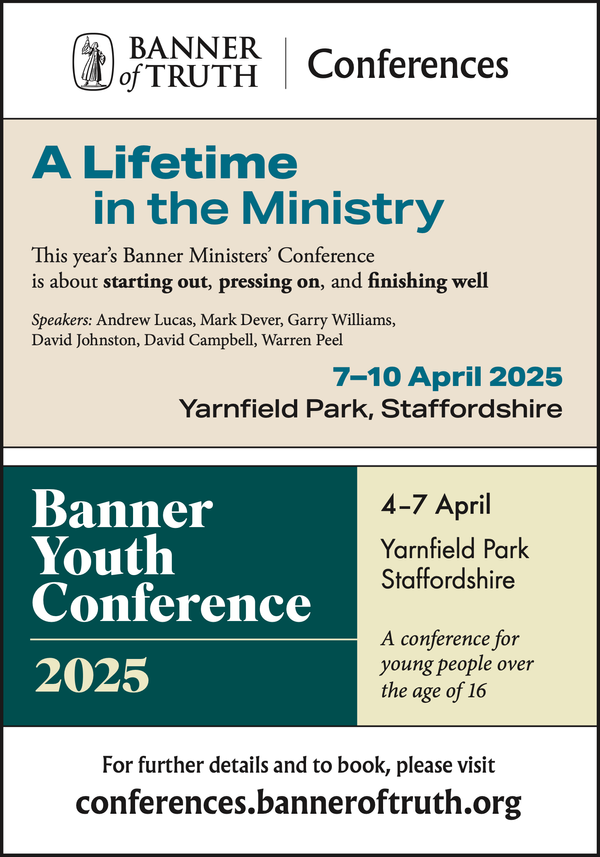Learning Spanish
Sometimes the most routine job has eternal consequences. Just ask Julie Chamberlain. She is the director of the Spanish Language Institute in San José, a school that has taught Spanish to between 13,000 and 14,000 evangelical missionaries since it was founded in 1942.
‘People who have graduated from here have gone all over Latin America, to Spain and eventually to other parts of the world, to plant churches, start seminaries, develop radio stations, establish church ministries, initiate health clinics and begin other types of ministries’, she reflected.
And, she said, many have gone on to distinguished careers as mission presidents, missionary statesmen, seminary professors, and in other fields.
Julie Chamberlain is from Birmingham, Michigan. She taught at a school in Gaylord, Michigan, and worked at a church in Ann Arbor before entering the mission field.
The San José language school was founded by Presbyterians in Colombia during the Second World War. It trained missionaries who had to flee Asia during the conflict, and were reassigned to Latin America. In 1950 it was relocated to Costa Rica and in 1972 came under interdenominational leadership.
A bridge
Today the school serves three major groups of students. The first are missionaries preparing for service in the Spanish-speaking world. ‘We are a bridge between home and the field’, said Chamberlain, who is a missionary with the Latin America Mission. ‘They are in transition and can make their cultural and language mistakes here while they are getting their feet wet’.
‘We think that it is better for them to study full-time here before they go to their field of service’, she explained. ‘If they go directly there, they get distracted by settling in and getting involved in ministry and don’t devote the time they should to language study’.
There are around 100 missionary students at the school.
Secondly, the Institute provides intensive courses for the public of one or two months. ‘Mostly they serve teachers or college students, as well as pastors or other church leaders from the United States or Canada who are working with Hispanics and want to work on their Spanish’.
The school also works with Christian colleges and universities to provide a co-operative study program, in which students studying Spanish spend a month or more in Costa Rica at the Institute and becoming immersed in Latin American culture. (More information: www.thespanishinstitute.com)Kenneth D. MacHarg





